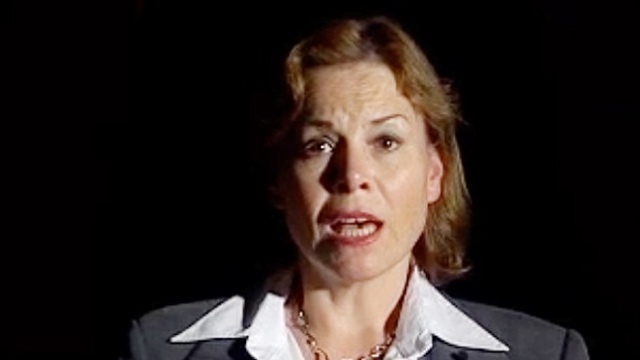
Following The Mail on Sunday’s exposé of Victoria Ayling I should confess that I was a key advisor to her.
I’ll qualify that by adding that I was a key advisor in the same way as (I suspect) she is a ‘key Farage ally’ and a ‘high-profile’ UKIP politician: in other words, not at all except in the eyes of journalists wanting to make a story bigger than it is.
My non-position only lasted a few minutes when she called me about the Great Grimsby constituency after she was selected to see if I could offer any advice as the candidate-before-last. It was mildly flattering, although unnecessary, and I spent a while outlining my analysis of the constituency’s politics1. I’d like to think she paid attention to my diagnosis, and that it made a difference to the result. But putting the phone down I couldn’t help feeling it had been a nice courtesy, not a serious call.
I didn’t find myself thinking, “wow, that Victoria Ayling is a horrible racist” because the conversation didn’t cover anything to do with race. Even now I don’t know if she is a horrible racist. Having watched the video I’m inclined to think her comments were racist, but I’m not naïve enough to take at face value excerpts from a video edited by either the newspaper or her (seemingly embittered) ex-husband.
So the story is that someone who once stood for Parliament and is now a councillor is possibly, or even probably, a racist. Not good, but surely not worth the front page of a national paper.
As someone who once stood in Great Grimsby and is still a councillor I’m very comfortable with my place in the foothills of politics. I don’t expect to make the front page of even our local rag, let alone a national, because I recognise my lowly position in public life and public interest. I may be at the pinnacle–if looking down the precipice–of my political career, but it’s not that high up. The failed MP and local councillor combo is not front page, it’s footnote at best.2
But that ramble through the foothills of political careers brings me to my main point. The problem here is the sensationalising of such issues. The Mail on Sunday have taken a bit of video of a non-entity provided by an ex-husband motivated by, I assume, a mix of spite and financial gain, and published it. Ironically this is a from a newspaper stable that sensationalises everything. They bring daily cures or causes of cancer. Column inches demonising anyone who might dare to be vaguely foreign. Then put it all on website adorned with such banal fluff that it’s a Herculean effort not to feel your IQ dropping whenever you glance at it.
In fact the awful truth is that, as reading the comments on the Victoria Ayling article reveals, her alleged views are far too common and the political party makes no difference, especially once you are out of metropolitan areas. It isn’t just UKIP supporters, but also Conservative, Labour and Lib Dem supporters, sympathisers, activists and candidates sharing these views (nor is just those involved in politics, they are a small proportion of the population, and merely reflect it). Part of the reason they share these views is that papers like The Mail and Mail on Sunday give them all the ammunition they need.
A quick Google search reveals that in recent weeks Mail newspapers have been concerned about race riots, the £3.7 billion a year cost of immigrants, the loss of working class jobs to–you guessed–immigrants and the failure of the government to meet immigration targets. It doesn’t take a genius to work out the conclusions some will reach from this barrage of coverage. It does not excuse racism, but it certainly doesn’t help reduce it.
Plenty of other people have made the point before, though it is always worth repeating. The point that is less often made is that racism isn’t, generally, a political stance. People support political parties through a rational choice, for some that choice is more analytical than others, but it’s an informed choice based on principles or economics. Racism isn’t a rational choice, it’s driven by hatred, or by fear, or by ignorance. Instead of attaching political labels when such accusations are made, we may as well attach other information: “‘Send them all back home’ demands Sky subscriber” or maybe “EDF Energy customer demands stricter limits on benefits for immigrants.”
It means that we can’t have a proper debate on immigration, its advantages and disadvantages, because the risk of accusations of racism is too great; even typing this I’ve been wondering if I’m leaving myself open to criticism. That so many other media sources have rushed to cover the Victoria Ayling story means the problem continues. Rather than creating an environment which can host proper debate that might result in a more educated and enlightened society , the media’s break from immigration sensationalism to hunt for a racist non-entity means that the insidious grumbling racism that exists in homes, workplaces and pubs up and down the country will thrive for just a little bit longer yet.
- Being young and arrogant in 2001 and I didn’t bother calling the 1992 candidate. I paid the price for this, when, late one night at a subsequent party conference, the relevant candidate button-holed me–possibly tired from the late night and emotional from the sleight–to offer a lengthy, but hopefully therapeutic, exposition of my failings. ↩
- But I’m happy with that, I like footnotes. ↩